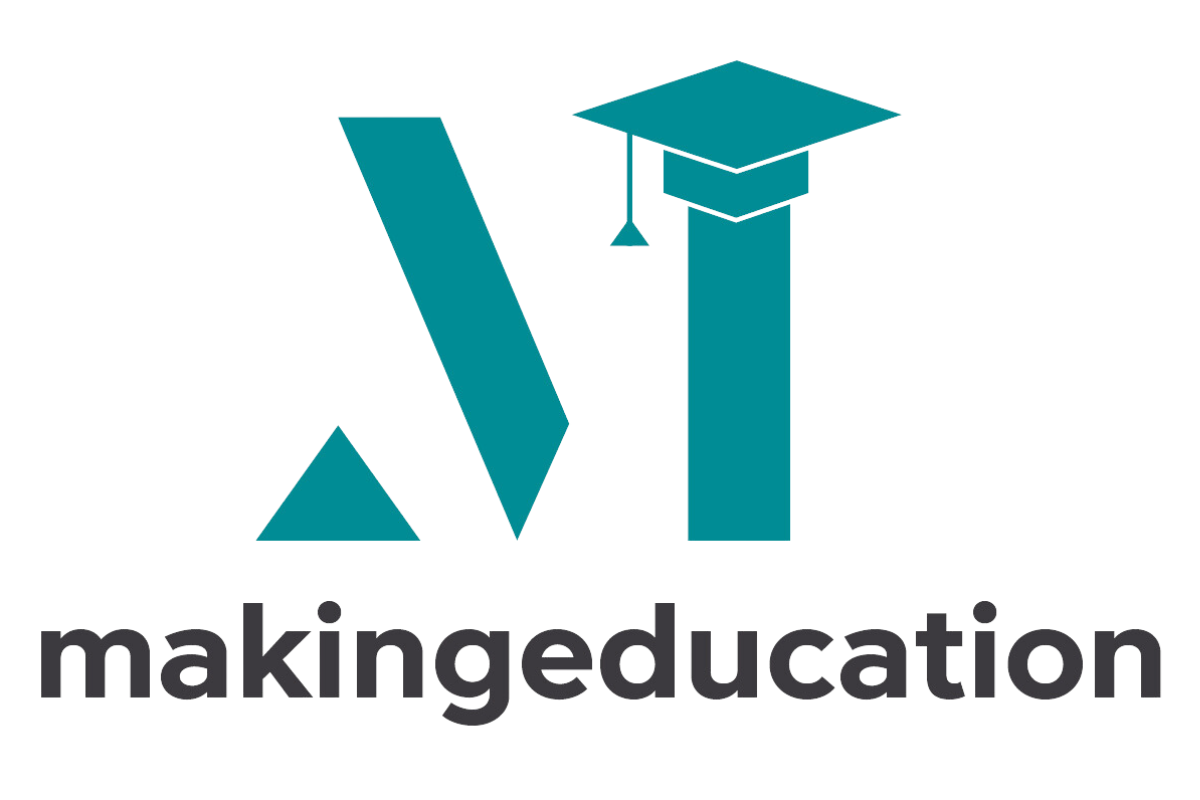Teresa Minero, Founder & CEO | LifeBee
The Fourth Industrial Revolution, different from the previous ones, does not present a particular and concrete discovery, but “just” a renewed encourangement for a widespread application of information, thanks to some new technologies. Life Science and pharmaceutics in particular felt the need of making their own the 4.0 tool. This is why, many of them, not only in Italy, but globally, spent energy and resources to give birth to some of these kind of innovative projects.
Personal definition of Pharma 4.0
Too often, some of the technologies we are talking about are not fully comprehensible, not even among the specialized staff. Anyway, the application of theese king of tools is quite indispensable, even though I think it should keep being “just” qualifying. My personal definition of Pharma 4.0 is based on the concept of “right information availability”. A Life Science 4.0 company is a company which is able to provide its own contributors the “right” information, which means complete, entire and exhaustive information, to support their decision making. Of course, without neglecting the transparency and conformity, and considering the appropriate timing, including the production staff, maintainers and even cleaners, warehousemen and freight forwarders.
It is important not to forget about our “high” purpose: promptly supply clients with medicines and medical tools, guaranteed with quality, efficacy, safety and sustainable costs.
Pharma 4.0 now
In Italy, we did a lot in the last few years in terms of innovation. However, we have to strongly underline how the stregth of 4.0 is made of vertical and horizontal integration of the right information too, thanks to smart technologies use, which is able to adapt itself to the goals, expenses and needs every companies has. Anyway, we are still away from some realities of digital solutions and management supports of CAPA procedures, data collection and analysis for documentation and approval of machines production integration, lab diaries, training and many others. However, the solutions that companies can benefit of tools that are not always suitable for their own needs, and very often they can stumble into obstacles in procedures. In order to obtain some objective data as a guide for action, we launched some international surveys on the state of art and on Pharma 4.0 perception. In 2020, the fourth edition was dedicated to these very themes, with a coverage of 52 territories of the world. Outcomes told us that 18% of companies did not even start 4.0 adoption; 37% has just initiated (26% before pandemic); 28% has some outstanding pilot projects; and 17% is about to start systematic actions.
Road to 4.0
The best pathway towards 4.0 to follow is facing together digital innovation, regulatory compliance and the research for excellence in decisional and operative processes, by introducing an adequate culture of change management. We need to remember how acting in a non-coordinated way on different fields could be counterproductive.
Beyond 4.0… 5.0?
During the process, CE Direction for research and innovation released a paper at the beginning of 2021: Industry 5.0 – towards a sustainable, human-centric and resilient European industry. It is the farsighted result of the search for an approach to converge, in a systemic way, industry and social/environmental trends. 5.0 society is a society into which digital technologies are actively used in everyday life, not for a merely economic advantage, but for welfare and benefit of every citizens. 5.0 is characterized by three new aspects: resilience, sustainability and human centrality.
Resilience
Resilience is about the necessity of developing a higher degree of robustness in industrial production and services, by projecting them in an optimal way and making sure that they could keep supplying and sustaining critical services and products. We should develop resilient strategies, reproject production abilities and flexible procedures, especially when it is about essential good, such as water, food and health care.
Sustainability
In order to satisfy our generation needs without compromising those of future generations, we have to get our activities more sustainable. We need to develop circular systems, to be able to reuse natural resources, to reduce waiste, energy consumption and the riemission of greenhouse gases.
Human centrality
Rather than using yet another invention as a starting point to increase productivity and economic return, 5.0 leads us to a new approach based on human being, to focus on human essential interests: safety, dignity and welfare. Let’s stop asking ourselves what we can do with techonologies, and let’s start asking ourselves what technologies can do for us.



